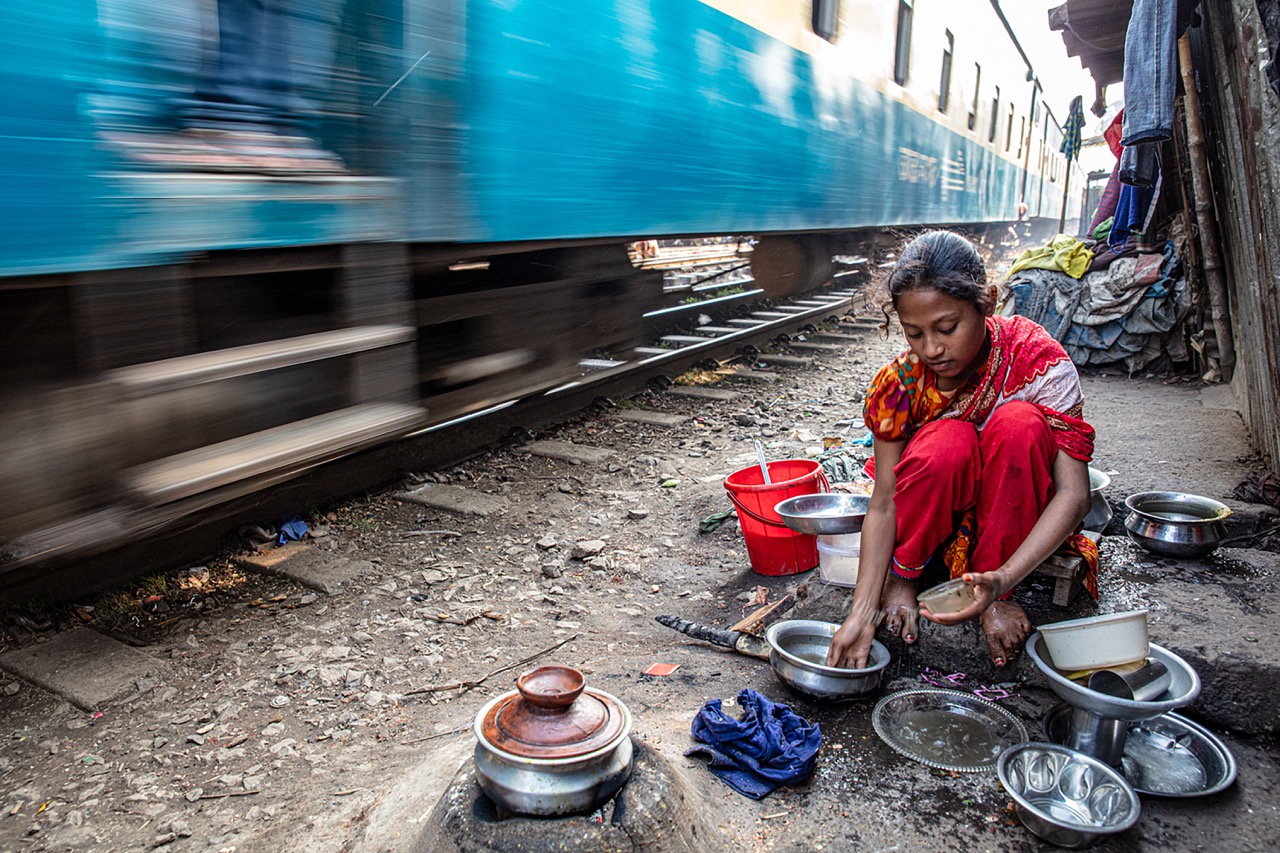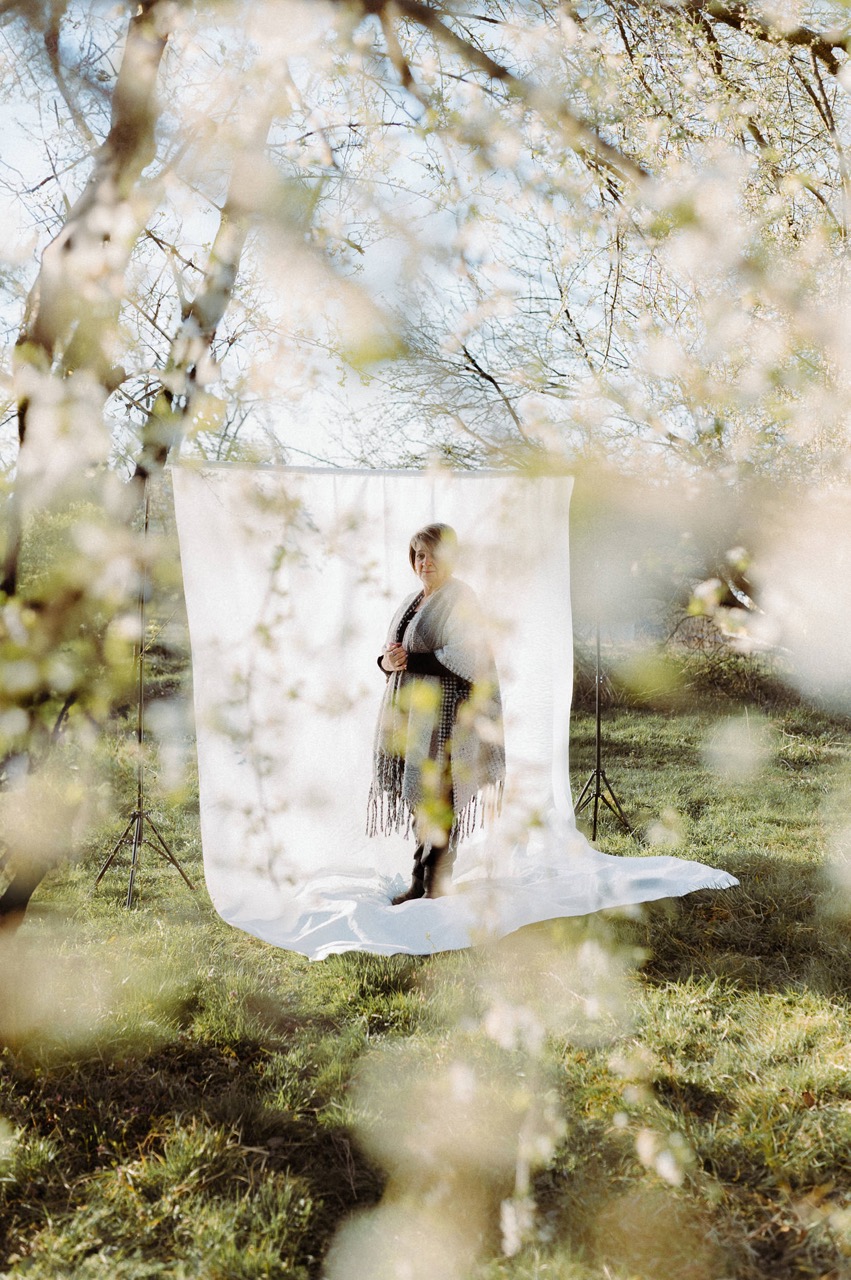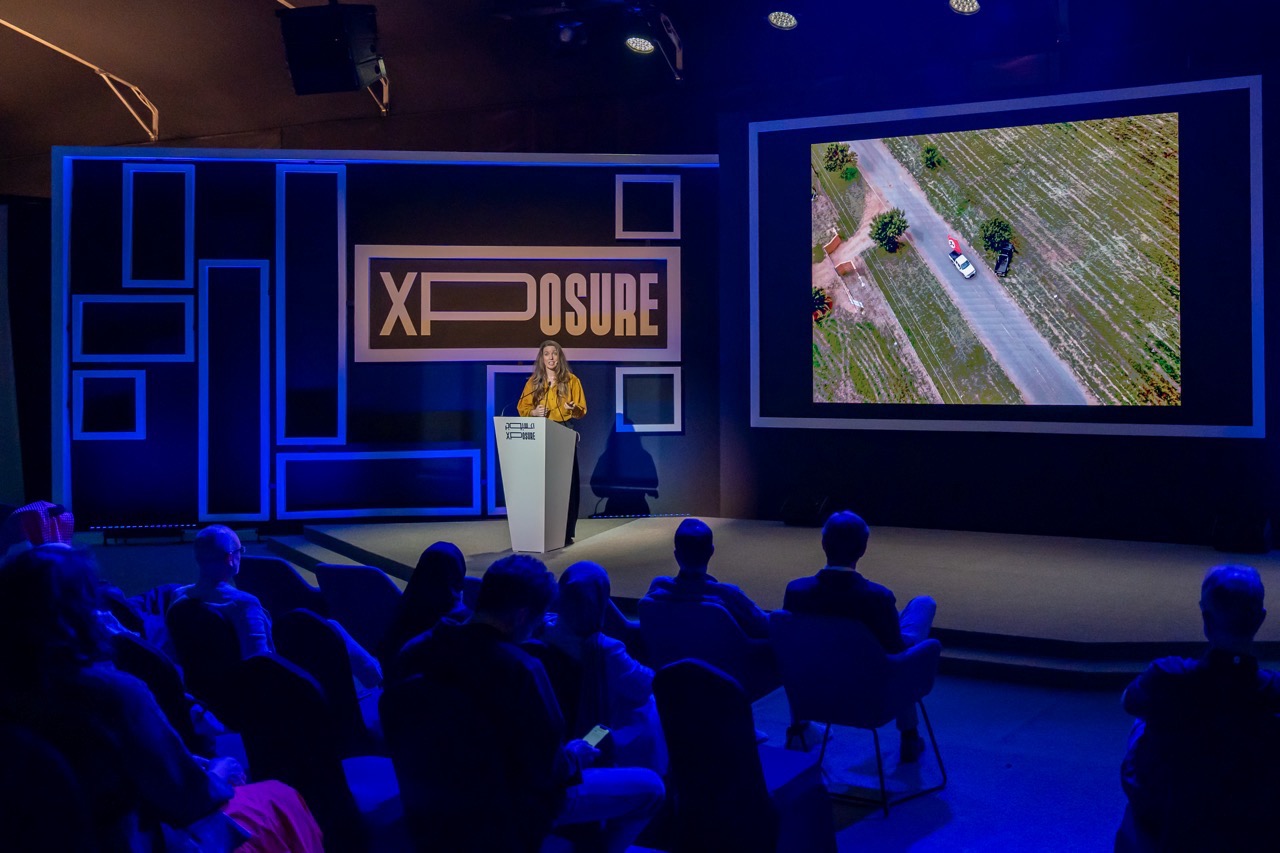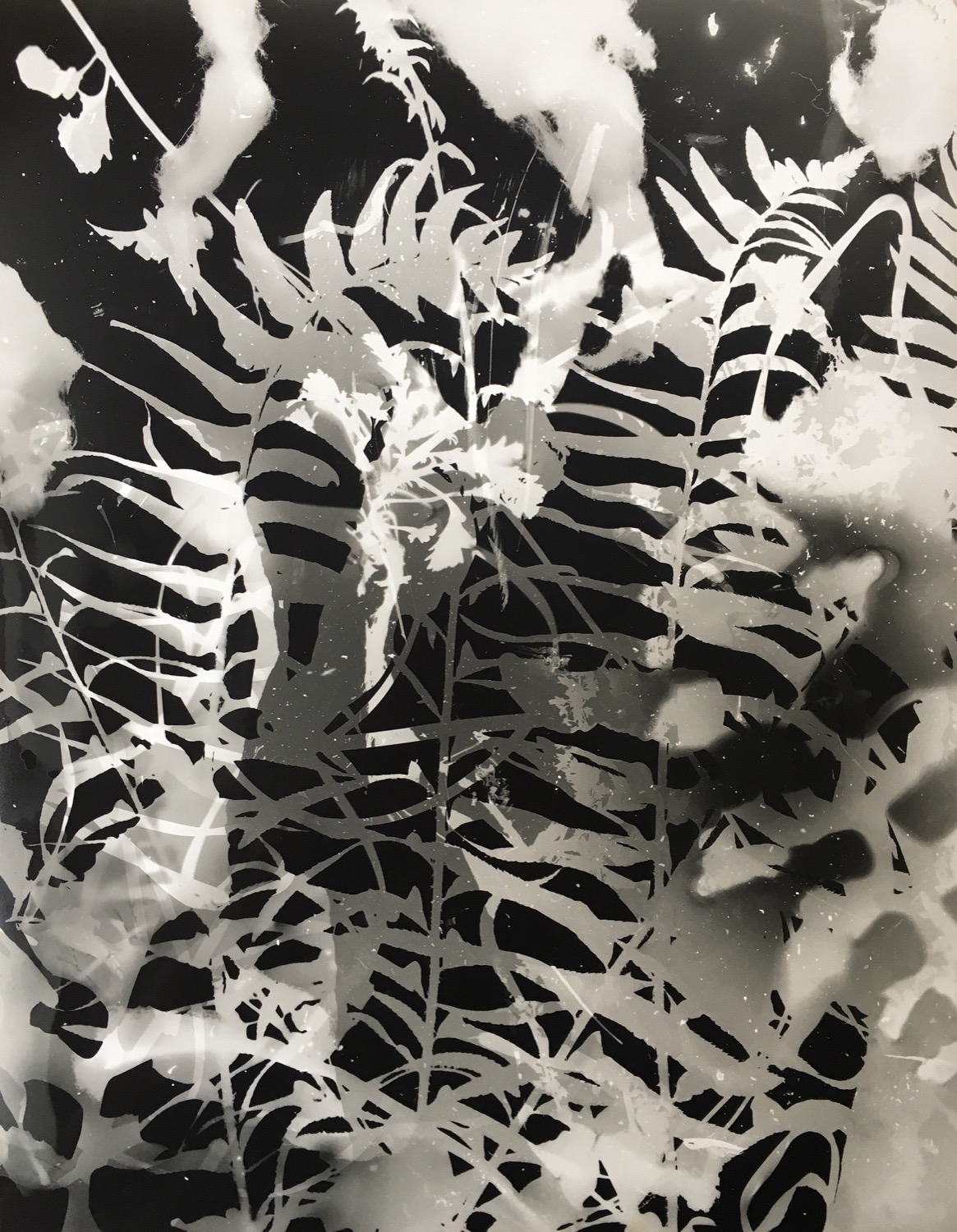
Symbols of Movement and Transformation
Adam Docker
Adam Docker seeks emotional truth, capturing human connection beyond the frame.
Artdoc

In the fast-flowing currents of modern life, Adam Docker is a seeker of emotional truth, often concealed in the faces of the crowd. Docker channels his understanding of human experience into moving images that resonate well beyond the frame. He prioritises human connection over mere effect.
Payment Failed
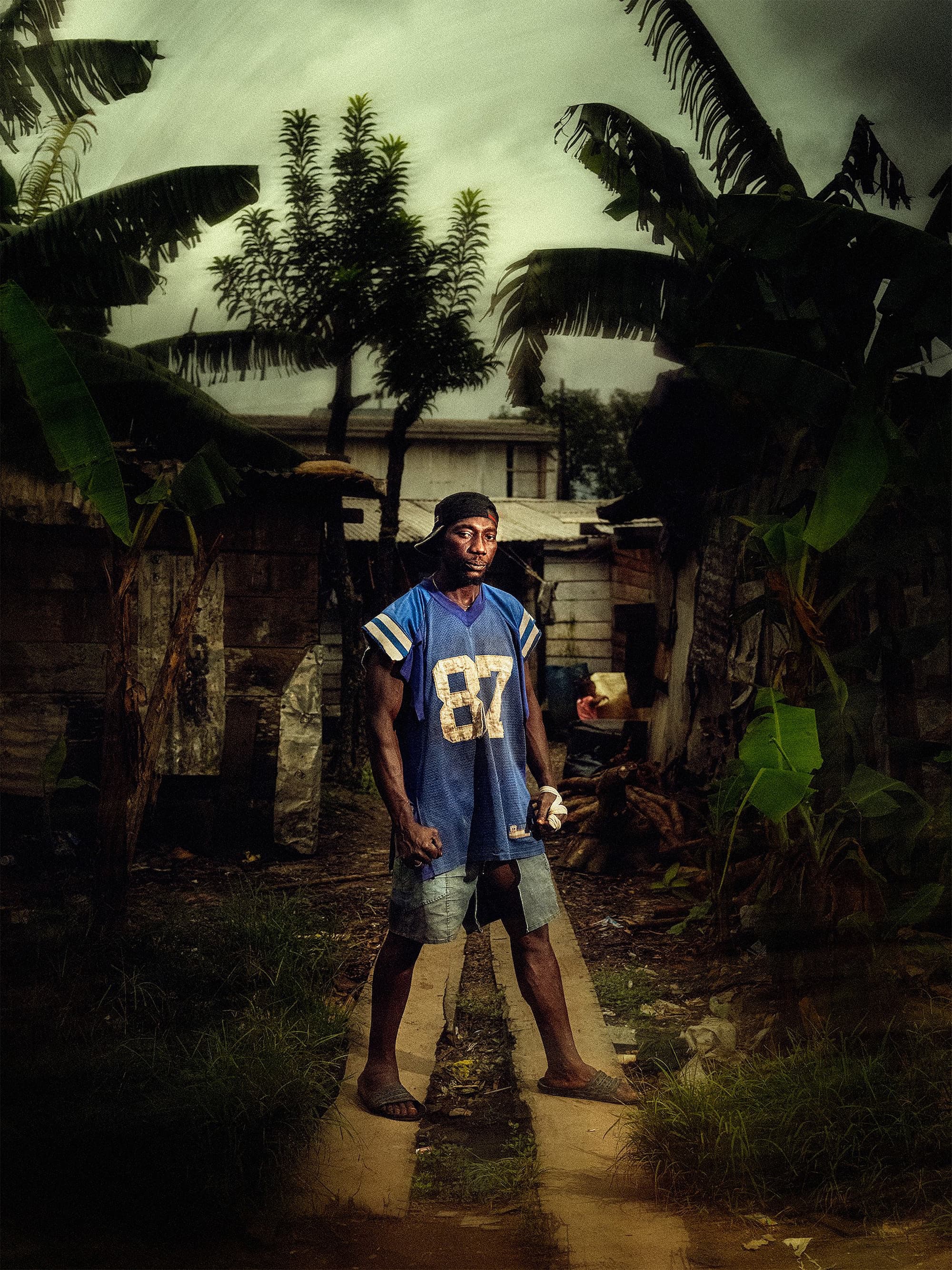
At the heart of Docker's work lie themes of resilience, identity, and belonging. "My photography is about emotional truth. I look for fleeting moments, a blur of movement, a particular look, a streak of light, the odd-looking face in the crowd that reveals something real," he reflects. This pursuit transcends technical perfection; it focuses on connection and the human story. Influenced by his extensive travels and documentary background, Docker seeks out small, significant moments that often pass unnoticed, elevating them through his lens. Docker's approach to the selection of his subjects is deeply intuitive. "Everything I shoot starts with a feeling. I don’t chase after the perfect composition or the right light. I respond to energy, to mood, to the atmosphere of a place or person." Whether capturing a portrait, a cultural ritual, or an anonymous figure in a bustling street, his images are imbued with narrative intent. "There's always a narrative thread, even in my more abstract or experimental images," he notes. This storytelling instinct, rooted in his documentary filmmaking experience, invites viewers into a shared space of empathy and reflection.
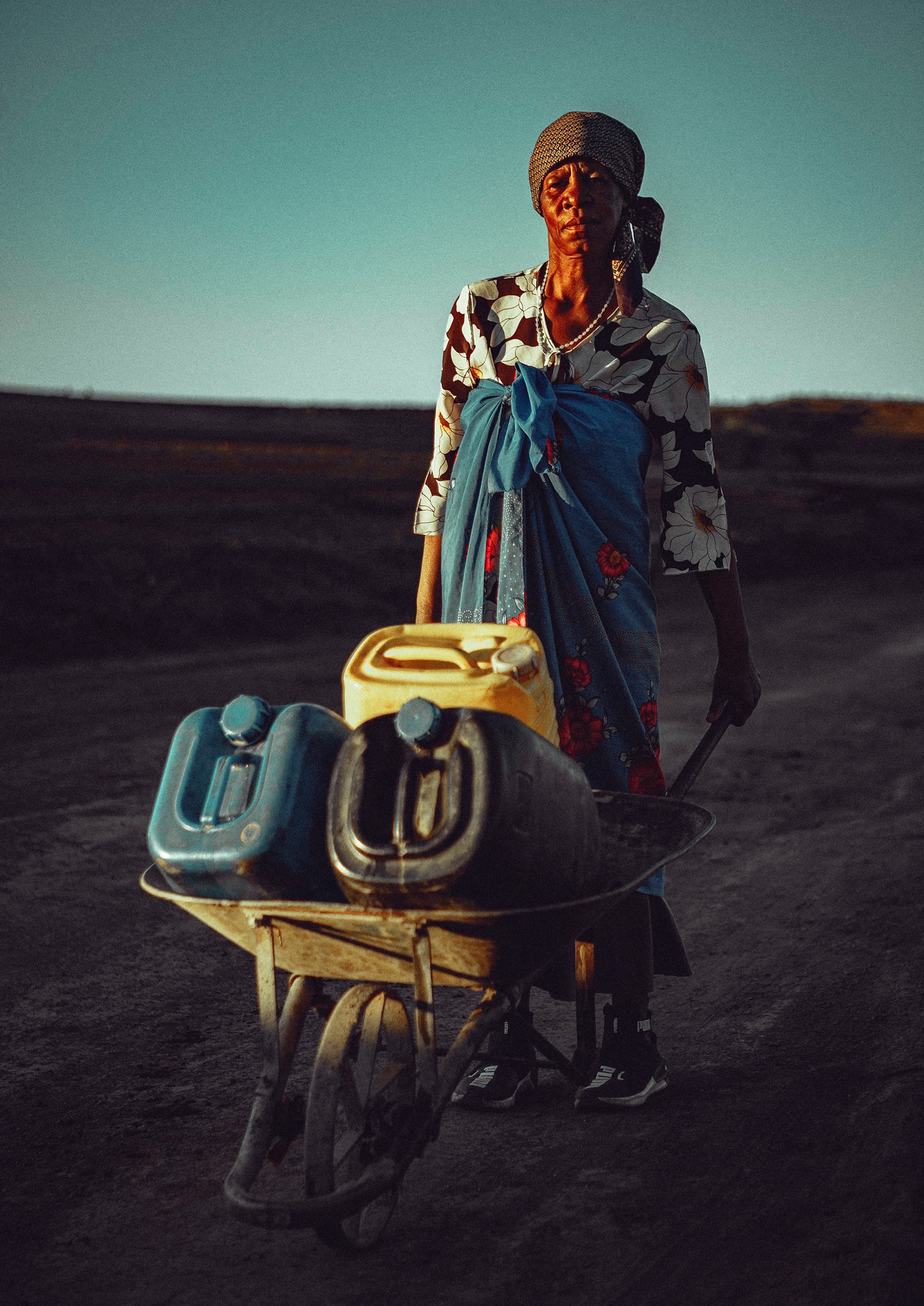
Emotional lens
Docker's personal experiences profoundly shape the emotional tone of his work. "Photography has become something deeper for me. It brings me joy. It's how I connect to people, to the energy of a place, to something bigger than myself." Unlike the extractive nature of film, Docker sees photography as a gift. He frequently returns with prints for his subjects, fostering genuine connections with the people he encounters. "In a world that moves so fast, where everything feels digital and disposable, offering someone a tangible image of themselves brings a lot of joy."
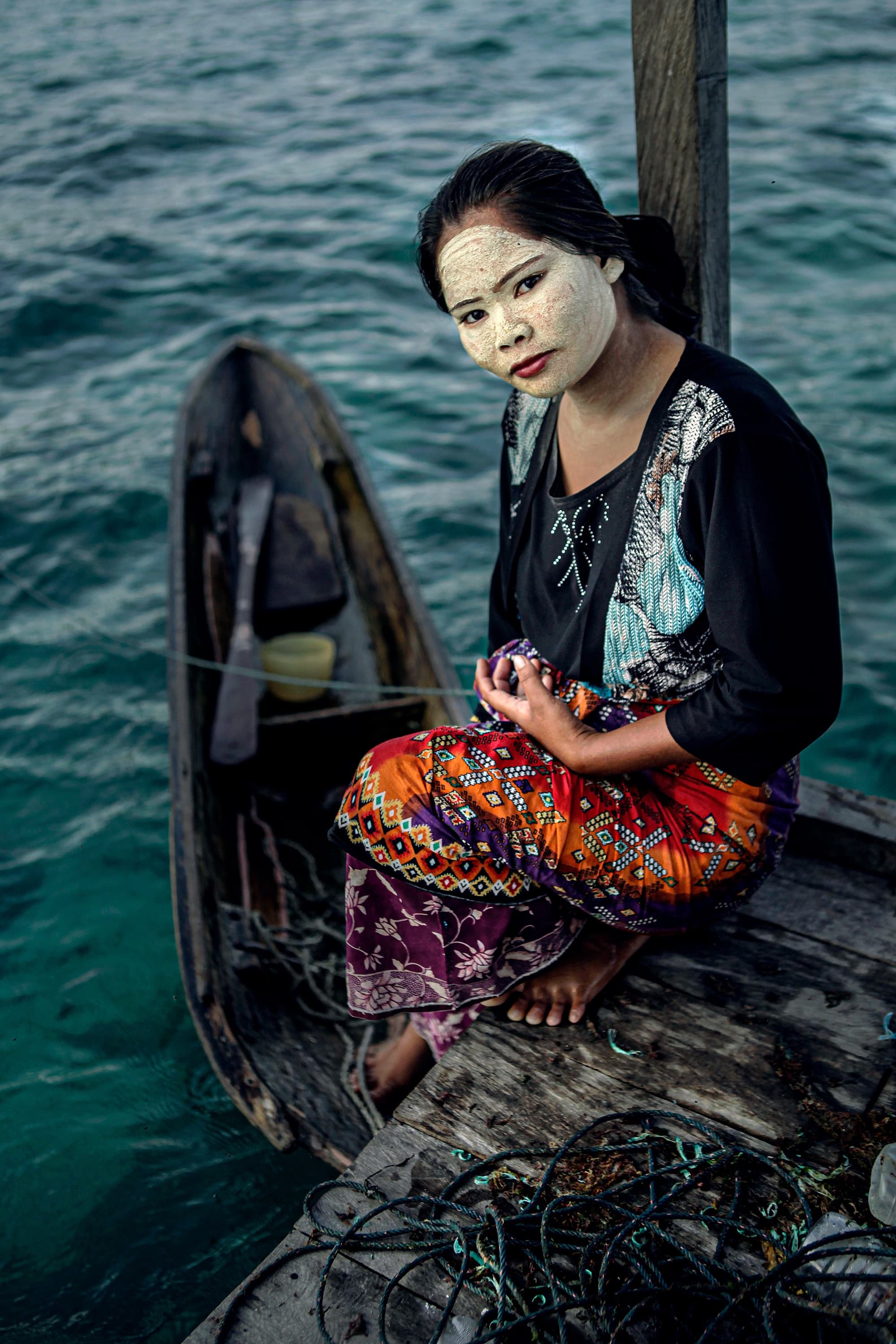
Docker aspires to evoke profound, visceral responses from his audience. "In a world oversaturated with disposable visuals, I want my work to slow people down, to invite them to spend time with the photograph, to connect with the subject or the scene in a way that lingers. I want them to feel something real. It might be joy, sadness, nostalgia, curiosity, but ultimately, I hope they feel moved." To facilitate this connection, he favours large-scale prints. "There's something powerful about standing in front of a large-scale print. You're not just looking at it, you're stepping into it, feeling it."
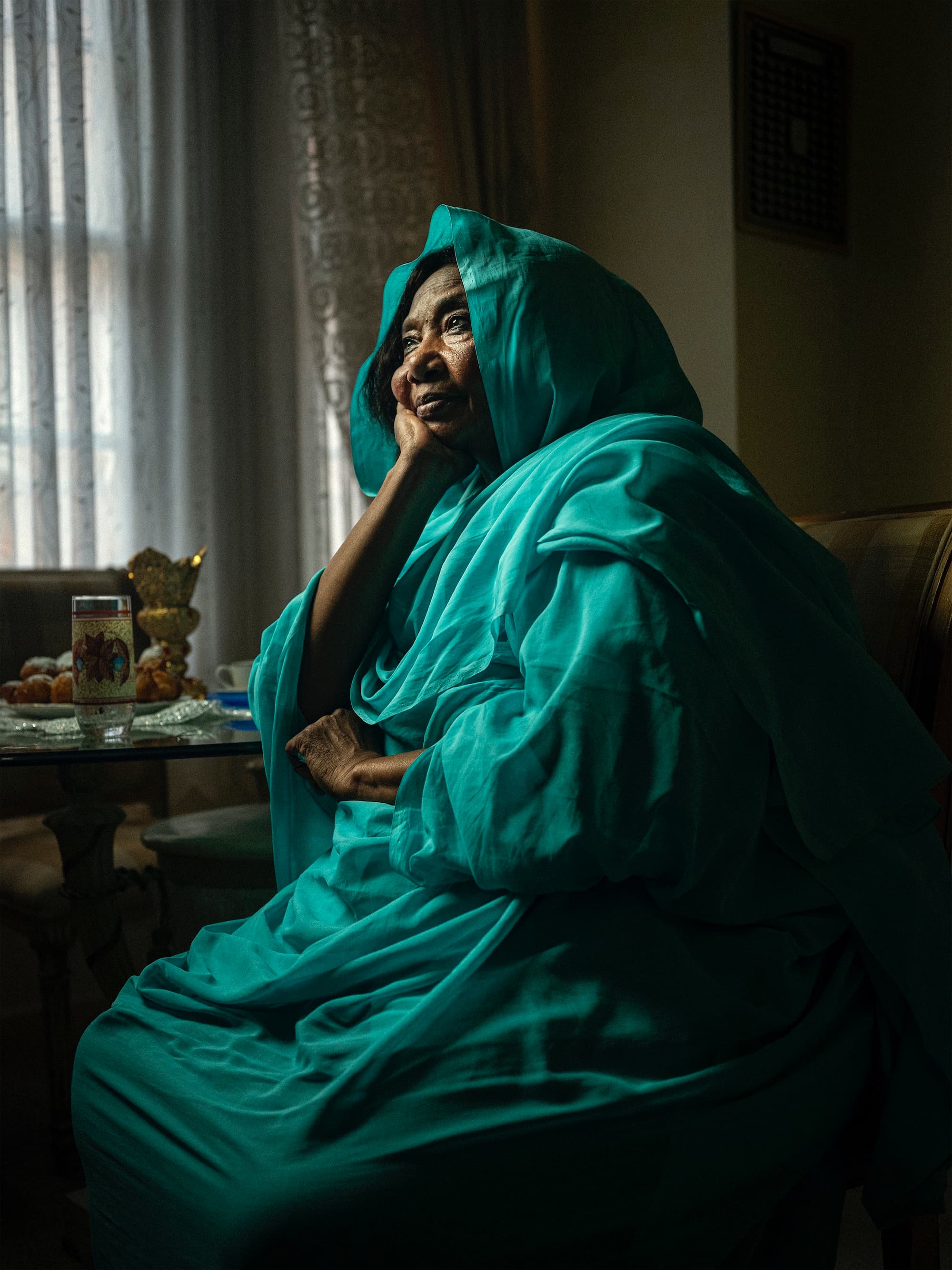
Showing someone's portrait, giving space to their story, can change perceptions and spark deeper understanding.
Amplifying humanity
While not driven by a singular cause, Docker is keenly aware of photography's potential to foster empathy. "I've worked in slums and disaster areas, witnessing a lot of famine, poverty, misery and human tragedy. I have also documented moments of beauty and strength and celebration." His work amplifies stories that might otherwise be overlooked, offering dignity and presence. "If it can inspire conversations about identity, belonging, inequality or resilience, then I've done something worthwhile."
Docker sees portraiture as a powerful invitation for dialogue. "Showing someone's portrait, giving space to their story, can change perceptions and spark deeper understanding." His recent exhibition Motion and Emotion exemplified this philosophy, inviting audiences to explore what connects us and what it means to witness the world through another's eyes.
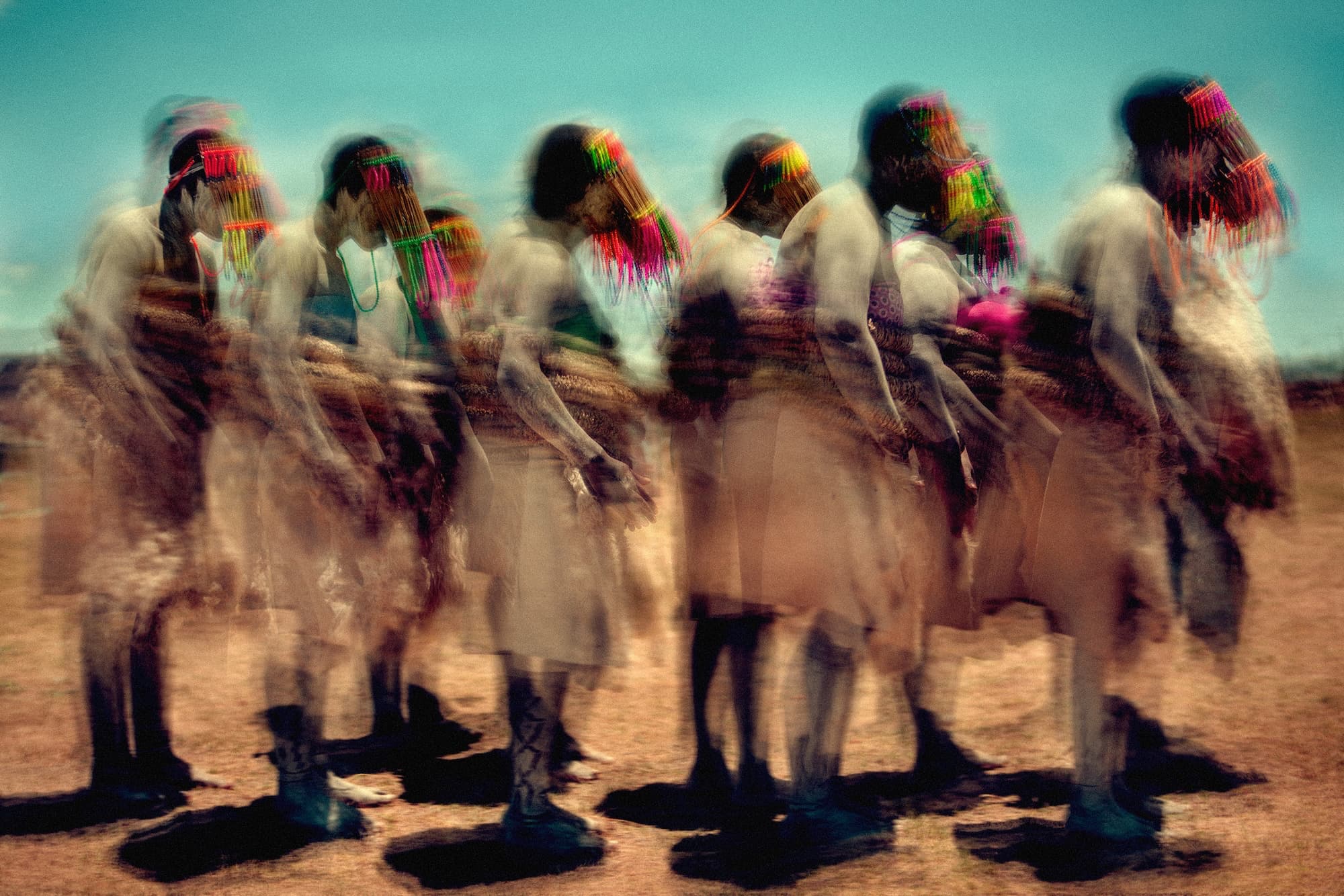
Emotional atmospheres
Technically, Docker approaches each photograph as a unique canvas. "I treat each photo individually. I don't believe in a fixed aesthetic." Light, texture, motion blur, and layering are tools he wields to convey mood and meaning. "Sometimes I let motion blur tell the story; other times, I freeze a subject in stark clarity." His willingness to experiment ensures that each image reflects not just a visual moment but also an emotional state.
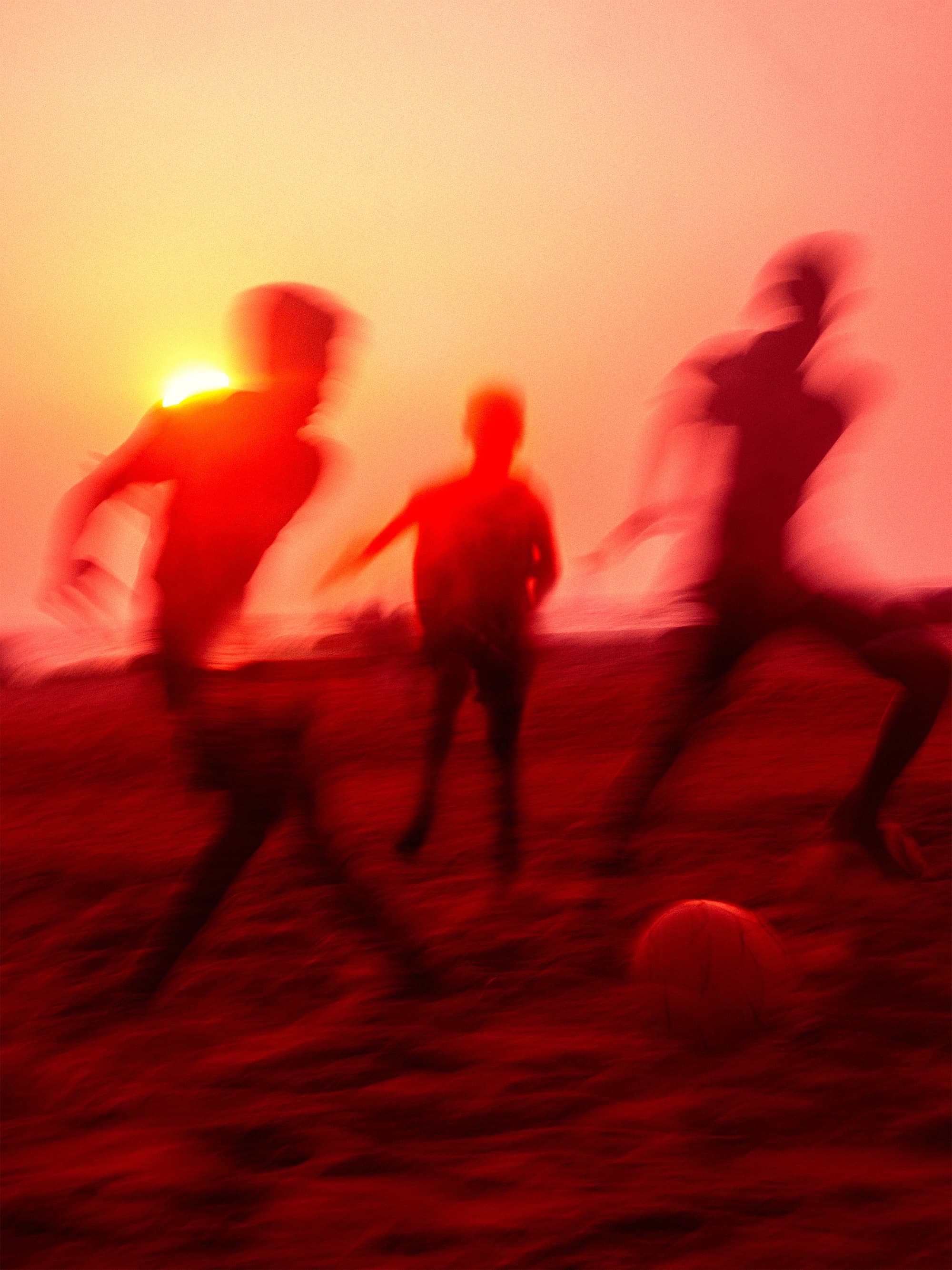
Recurring motifs in Docker's work include movement and transition. "Movement, for me, represents transition, emotion, and a state of becoming. It speaks to the fluidity of life, the fact that nothing is fixed and everything is in motion." This motif resonates with his own life of constant travel. "Driving in foreign cities in the backseat of a taxi, I'll roll the window down and just point my camera out, trying to capture instantaneous moments, without a fixed expectation. Those are the moments that feel the most alive, unfiltered, imperfect and emotionally honest."
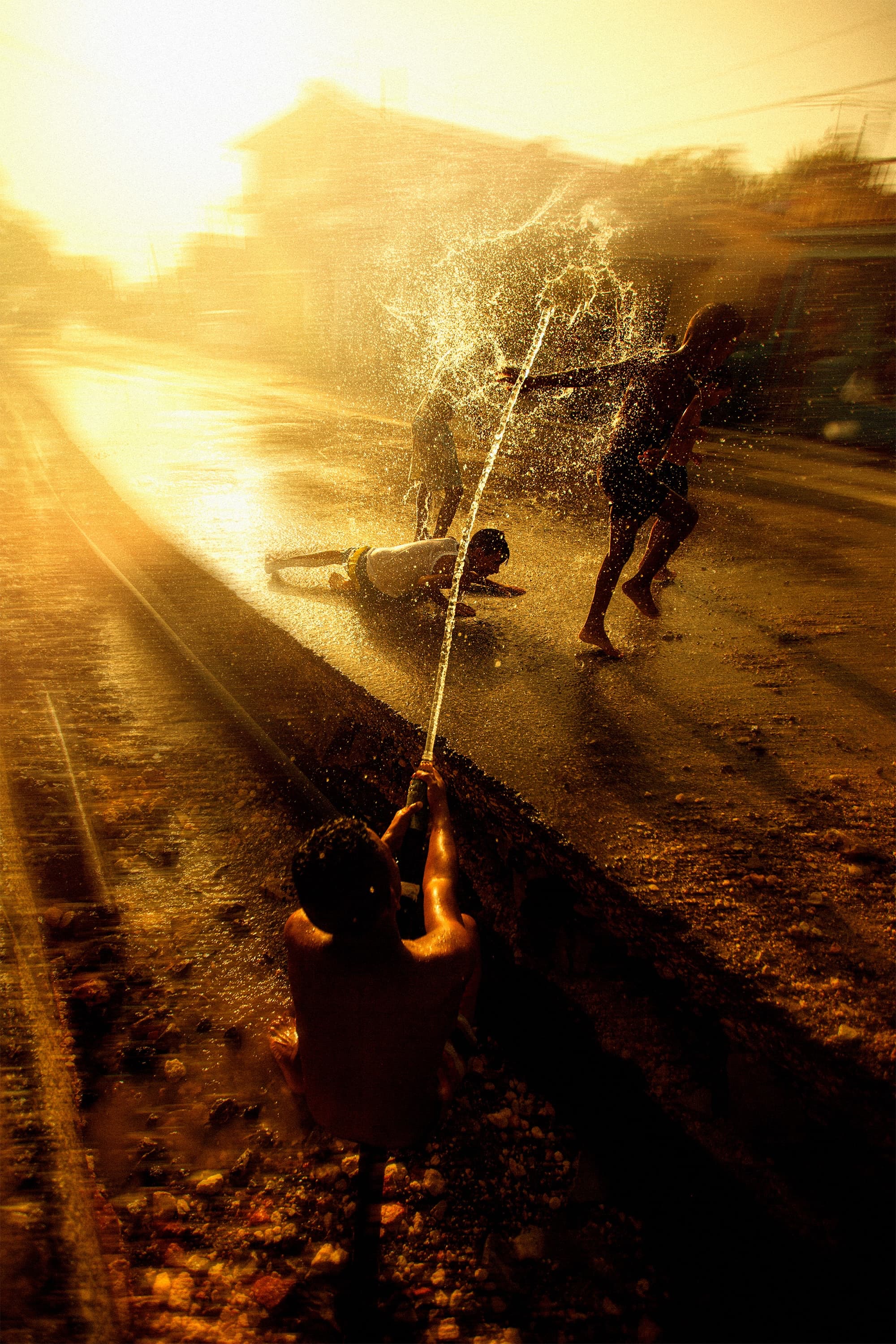
No final destination
Looking forward, Docker embraces photography as a realm of creative freedom. "Right now, I'm excited by the freedom photography gives me. In my job as a cinematographer, I'm bound by briefs and expectations. Photography is my place to escape those limitations." He explores themes of human behaviour and identity. "Ultimately, I am constantly evolving, being inspired, trying new techniques, keeping it real. My process is organic, intuitive and rooted in genuine experience.”
In a world obsessed with perfection and speed, Docker’s work shows the power of people’s authenticity and their emotional resonance. "Art is like a drug. Every photograph brings a dopamine rush until the next one." It is this restless curiosity and commitment to emotional truth that ensures Docker's work will continue to captivate and move audiences for years to come.
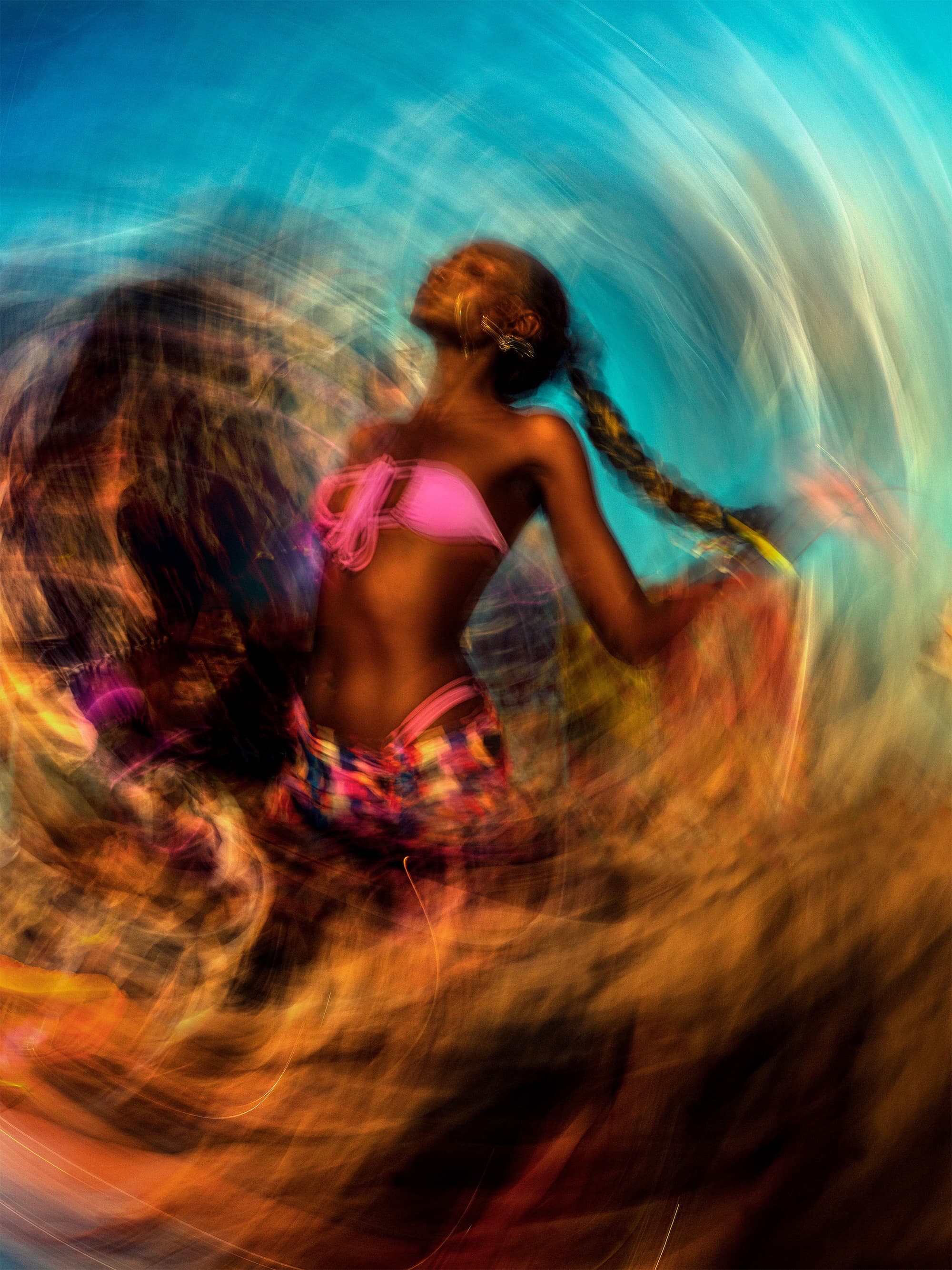
If it can inspire conversations about identity, belonging, inequality or resilience, then I've done something worthwhile.
.svg)
.svg)
.svg)

